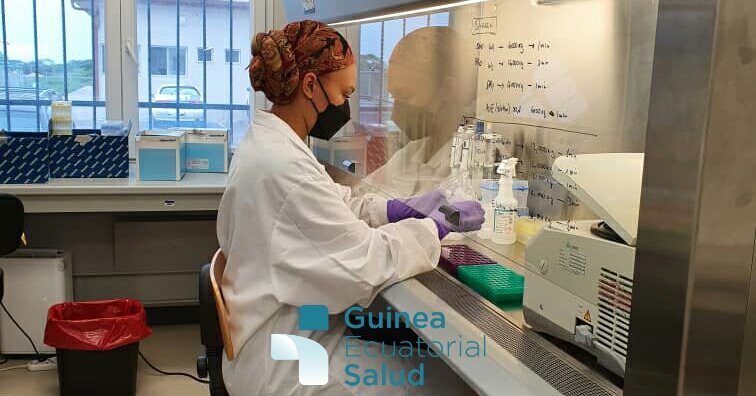
25 Jan New collaboration of the Baney Research Laboratory in a scientific work
The Baney Research Laboratory once again collaborates on a scientific paper that has been published in the “Malaria Journal” magazine. Together with the Swiss Institute of Tropical Medicine and other institutions, a study has been carried out that shows that the majority of rapid diagnostic tests (RDT) for malaria -deployed in surveillance programs for this disease- give false positive results.
“Equatorial Guinea is achieving great relevance in the field of scientific research thanks to strategic collaborations like this one. Some collaborations that are helping us to implement, with the greatest professional solvency, the National Health Development Plan (PNDS)”, declared the Vice Minister of Health and Social Welfare, Mitoha Ondo’o Ayekaba.
RDTs are included in malaria surveillance programs to determine the amount of the population that carries parasites in peripheral blood and to assess the intensity of disease transmission. Of the 2,865 tests that were collected in 2018 on Bioko Island and analyzed in this study, 4.7% had a false-negative result and 28.4% had a false-positive result.
The study concludes that malaria surveillance relying solely on RDTs needs well-integrated quality control procedures to assess the extent and impact of reduced RDT sensitivity and specificity on disease control programs.

